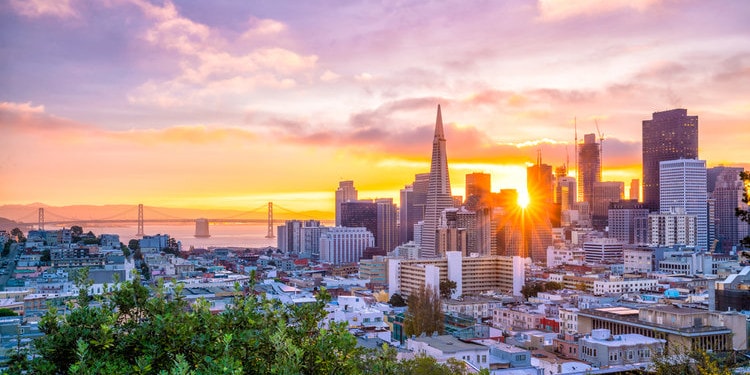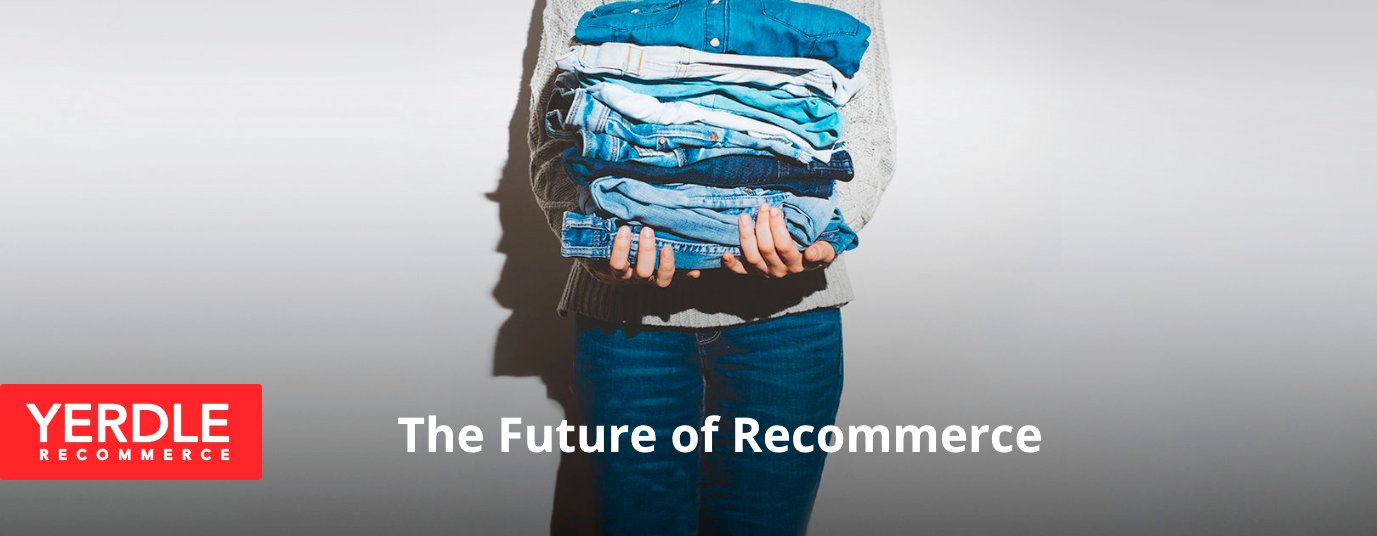Disrupting the business strategy of large corporations, sustainable startups are a force of innovation and ingenuity in the startup scene. The past decade has seen the tremendous growth of startup ecosystems globally but U.S. cities like San Francisco continue to dominate the landscape. According to research firm PitchBook, Bay Area startups alone have managed to accumulate USD$25 billion this year. With San Francisco being so focused on sustainability, it’s no surprise that many new startups are taking a more environmentally-conscious route, finding sustainable solutions to modern-day dilemmas. Have a look below at some San Francisco startups that are paving the way for a greener world.
LIT MOTORS
In our growing, developing world, Lit Motors creates innovative and environmentally-aware transportation solutions. Based in the Bay Area, their mission is to supply the informed and interconnected global community with economical, efficient, and ecological vehicles.
The combustion engine has dominated the car and motorcycle industry for nearly a century but alternative forms of energy have made new kinds of vehicle architecture possible. Electric motors are transforming personal transportation and Lit Motors are reinventing the motorcycle. Creating what they refer to as the sustainable Model-T of the 21st century, the C-1 is part car, part motorcycle, the first of its kind. Lit Motors is rethinking the future of commuting, creating green jobs and helping to create a sustainable future. Their next product, the Cargo Scooter, is still under construction in the prototype stage. Smaller than the C-1, it will be ideal for couriers, able to navigate through busy streets while still being able to support heavy goods.
FEEDING FORWARD
Over 40 percent of food in the United States is wasted, yet one in six Americans go hungry, not knowing where their next meal is coming from. This adds up to a loss of over 263 million pounds of consumable food each day, the equivalent of USD$165 billion. This discarded food could be used instead to help feed the 50 millions Americans who are going hungry every single day—this is Feeding Forward’s mission.
The issue is not the lack of food, rather its the unjust distribution of it—the amount of food thrown away each day could feed the entire continent of Africa twice! Named the “Uber” for food recovery, Feeding Forward uses technology to help connect people with excess food to those who need it, instantly. The donor—restaurants, caterers, grocers—posts a donation of food on Feeding Forward’s mobile app or site and their unique algorithm matches the food donation to shelters and soup kitchens nearby in need of food. A volunteer is then sent to pick up the food and confirm once its been delivered. From a small food recovery organisation at UC Berkeley, Feeding Forward hopes to reach the world stage, creating a future without hunger and food waste.
PRODUCTBIO
IN THE PHOTO:PRODUCTBIO LOGO.PHOTO CREDITS: PRODUCTBIO
Founded by systems ecologist Angela Chen, ProductBio uses data science to inform customers about how products are made. Silicon Valley’s Climate Tech Warriors, ProductBio works to influence the USD$11 Trillion purchase decisions made in the United States towards a more sustainable direction. Essentially, it’s sustainable purchasing made simple. Through creating and incentivising a new, valuable market for a more conscious, equitable, transparent economy, ProductBio hopes to achieve their green vision towards seamless sustainability compliance, forging a more sustainable future.
YERDLE
IN THE PHOTO: YERDLE RECOMMERCE.PHOTO CREDITS: YERDLE
Brands often get left behind after the initial sale, allowing secondary marketplaces like eBay and Amazon to make billions of dollars from the resale of their products. Yerdle makes it easy for brands to buy and resell their used items by providing logistics and technology to develop white-label resale programs, allowing companies to rebrand and resell their products. Originally, Yerdle’s mobile app was based on the pay it forward principle, allowing customers to exchange used goods for credits. Users get a certain number of credits when they first sign up and can pay for additional credits if they are insufficient to buy an item. However, since gaining popularity and expanding, they have pivoted to their “white label” service, repairing used goods so that apparel companies can sell them once again as refurbished under their own brands, with warranties as well as customer service and return policies. Yerdle is revolutionising the clothing resale market, empowering consumers and brands to get involved in shaping a more sustainable clothing industry.









